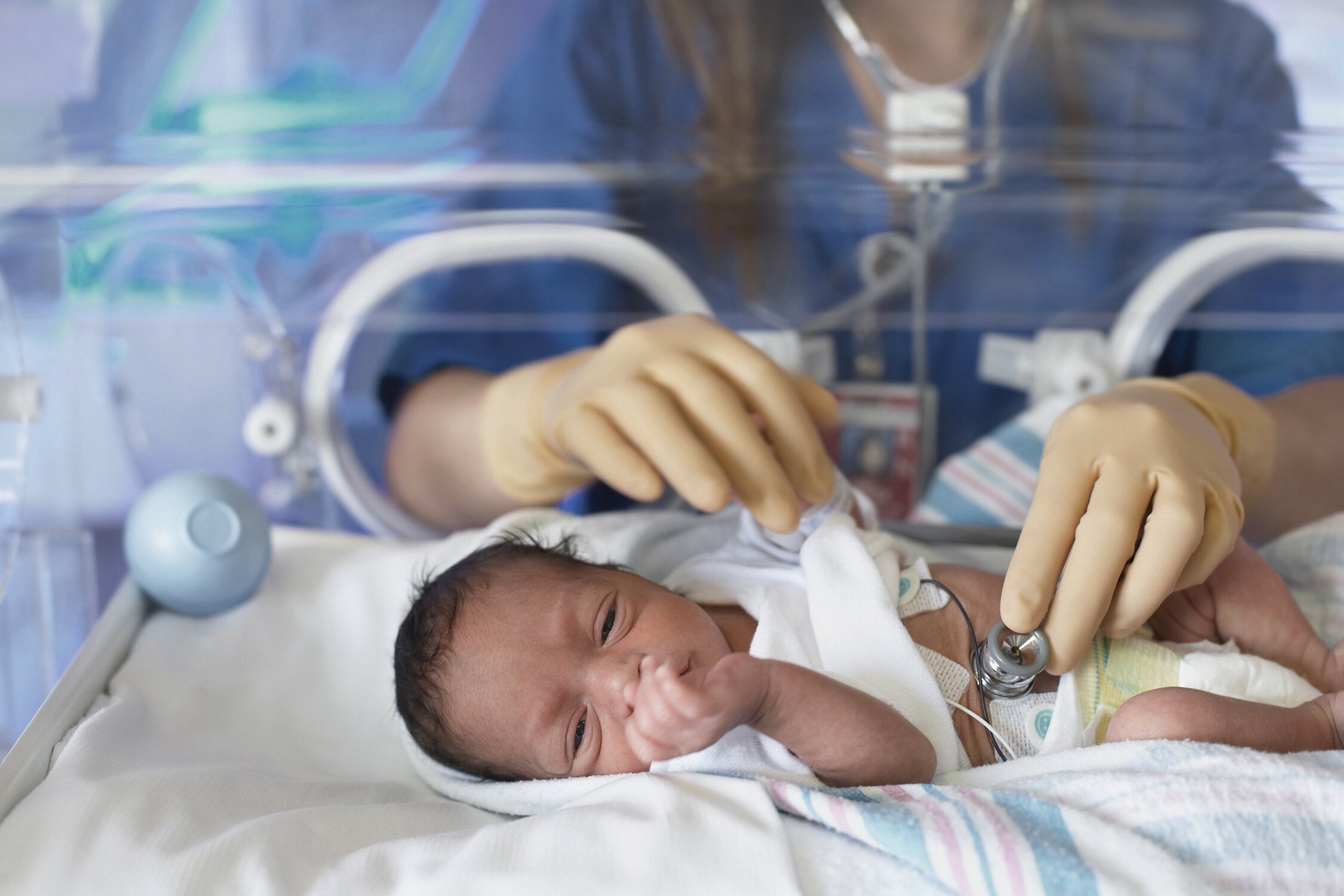Are premature babies at risk for speech delay?
We often get asked about whether premature babies are at risk of language delay and if so what are the risks. So we asked Talia Leszcz, our Speech-Language Pathology advisor to answer your questions:
Are preterm babies at risk for delays in speech and language?
The short answer is yes. Premature babies are at risk of reaching their speech and language milestones later than their full term peers. These milestones are related to language understanding, vocabulary size, grammar skills, sound production, self-regulation and social interaction. Additionally, having a premature baby can be a stressful experience for parents, which in turn can impact the parent-child dynamic. Luckily, by incorporating evidence-based language building activities into your daily routines, parents and caregivers can have a profound impact on their baby’s speech and language development.
What are the facts?
Studies show that babies born preterm tend to have a smaller vocabulary at 3 years of age compared with babies born full term. Without support, this gap can continue to widen through preschool and school age (Zimmerman, 2018).
According to Sansavini (2011), preterm babies develop gestures, words and language understanding at a slower rate than full-term babies. This results in an increasing difference in language skills that continues to widen through early childhood.
A longitudinal study by Stolt and colleagues (2016) followed a group of 29 preterm and 28 full term children from birth to school age. They found that in preterm children, the development of gestures at 1 year of age is significantly and positively correlated with vocabulary development at 5 years of age. Children born prematurely are more likely to have weaker language comprehension and a smaller vocabulary than their full term peers.
A study by Gray and colleagues (2013) showed that mothers of preterm babies experience twice as much stress related to parenting in their child’s first year of life. This can impact the quality of the parent-infant relationship. Higher responsiveness in mother-premature infant interactions is related to significantly better language development (White-Traut, 2018).
Why is this important?
Research on brain development teaches us that earlier is better! Language learning begins at birth and the early window from 6-24 months presents a golden opportunity to maximize the neuroplasticity of the brain and support the development of early communication skills. Gestures start to develop before words and are the foundation of language development. Research shows that the development of gestures between 9-16 months predicts word production skills at 24-months. Word production skills at 24 months significantly predicts language and literacy skills at age 5.
What can I do to lower the risk of language delay for my child?
We’re glad you asked! There is so much you can do! First, know that you’re already doing so much by keeping an eye on your baby’s speech and language development. Children learn language through responsive interactions with their primary caregivers.
If you are looking for additional resources on how to support interaction and early language with your baby, we suggest starting with one simple activity that you can do during play or in your daily routines. Babbly has a library of over 300 activities that are developed by Pediatric Speech-Language Pathologists. The activities are fun, educational and organized to easily fit into different parts of your busy day (e.g. bathtime, feeding, playtime)
By actively engaging with your baby throughout the day using these structured, language stimulating activities you can start to tune in to and positively impact how your baby communicates. Keep in mind repetition and consistency are key!
If you’ve been incorporating these activities into your daily routines for a few weeks and you still have questions or concerns, book a time to speak with one of our licensed Speech-Language Pathologists to learn about our virtual therapy program.
References:
Gray, P.H, Edwards, D.M., O'Callaghan, M.J., Cuskelly, M. & Gibbons,K. (2013). Parenting stress in mothers of very preterm infants—Influence of development, temperament and maternal depression, Early Human Development, 89(9), 625–629. DOI: 10.1016/j.earlhumdev.2013.04.005
Stolt, S., Lind, A., Matomaki, J., Haataja, L., Lapinleimu, H & Lehtonen, L (2016). Do the early development of gestures and receptive and expressive language predict language skills at 5;0 in prematurely born very-low-birth-weight children? Journal of Communication Disorders, 61, 16-28. https://doi.org/10.1016/j.jcomdis.2016.03.002
Sansavini, A., Guarini, A., Savni, S., Broccoli, S., Justice, L., Allessandroni, R., & Faldella, G. (2011). Longitudinal trajectories of gestural and linguistic abilities in very pre-term infants in the second year of life. Neuropsychologia, 49(13), 3677-3688. DOI:10.1016/j.neuropsychologia.2011.09.023
White-Traut, R.C, Ranki, K. M., Yoder, J., Zawack, L., Campbell, S., Kavanaugh, K., Brandon, D., Norr, K. F. (2018). Relationship between mother-infant mutual dyadic responsiveness & premature infant development as measured by the Bayley III at 6 weeks corrected age. Early Human Development, 121: 21-26. DOI:10.1016/j.earlhumdev.2018.04.018
Zimmerman, E. Do infants born very premature and who have very low birth weight catch up with their full term peers in their language abilities by early school age? Journal of Speech, Language, and Hearing Research, 61, 53–65. https://doi.org/10.1044/2017_JSLHR-L-16-0150

